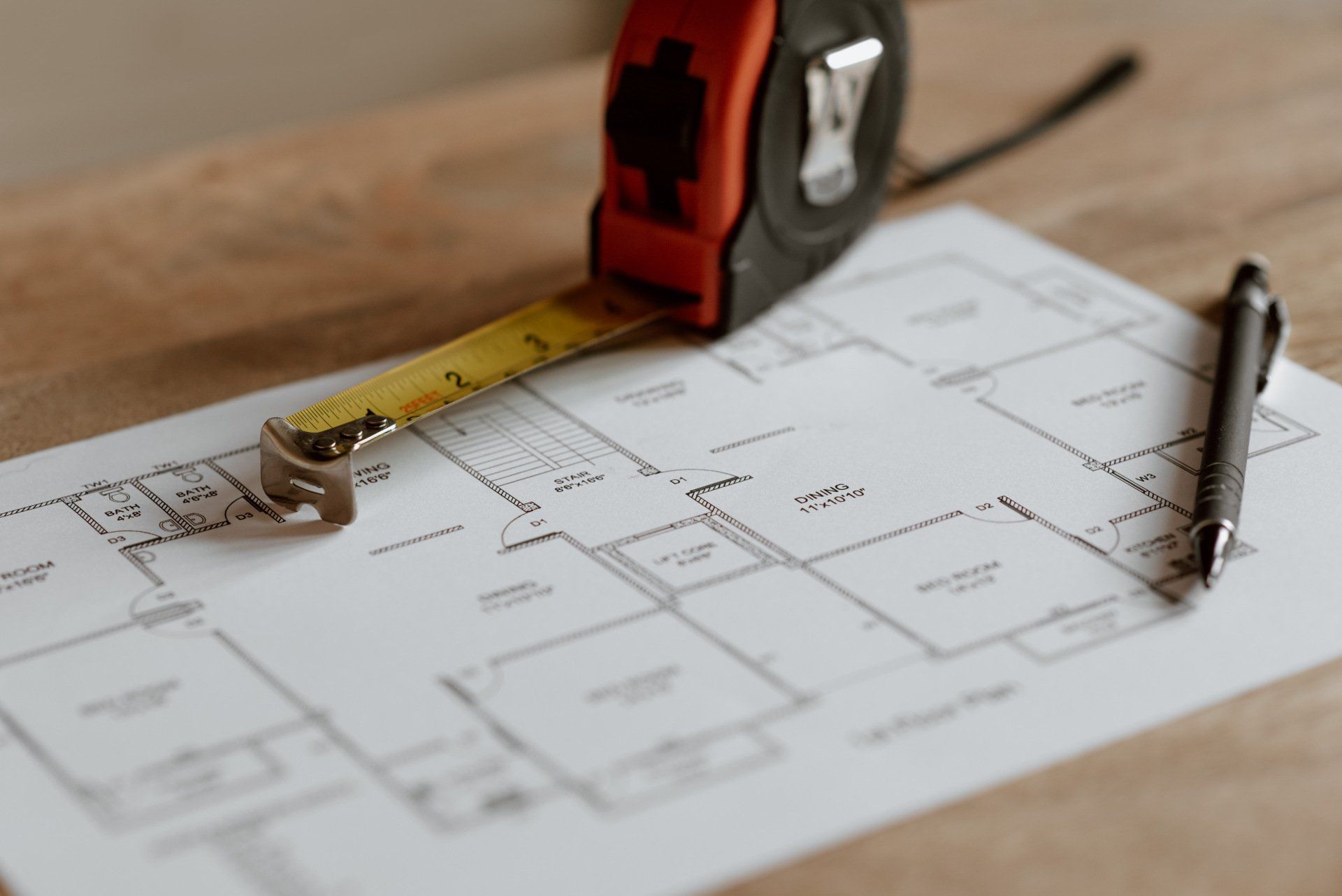Handling a Tenant Defaulting under a Commercial Lease amidst COVID-19
If my tenant won’t pay, what are my options? Prior to COVID-19 pandemic, landlords understood how to handle a defaulting tenant. But the legal landscape (along with everything else) is now in a constant state of flux, with legislators navigating through issues concerning health, economy and justice. In this article I’ll offer some clarification on landlord-tenant laws in light of the pandemic, focusing on commercial lease agreements.
A theme in the varying messages from our federal and state governments is that creditors need to relax when it comes to debt repayments. That sentiment carried into Illinois’ and other states’ messages addressing rent. Governor Pritzker, for instance, ceased eviction proceedings for residential properties. Tenants of the Chicago Housing Authority are relieved of their rent payments, at least until the end of the month. And Chicago’s mayor, Lori Lightfoot, urged private landlords to offer the same reprieve.
Yet commercial properties are conspicuously absent from the recent press. Does that mean that commercial landlords can evict a defaulting tenant? No, at least not in Cook County. Legal eviction relies on an operational court system. Due to the pandemic, courts are closed apart from emergency motions. And evictions fall short of meeting that “emergency” threshold. The chief judge of Cook County has a moratorium on evictions, and the Cook County sheriff won’t enforce eviction orders. Neither the chief judge nor sheriff distinguished between residential and commercial leases when making their announcements, so the effect is that all evictions must cease for a while.
Note, however, that ceasing evictions does not equate to ceasing rental obligations. Commercial leases are akin to business transactions between sophisticated parties. They are founded in contract law, giving the commercial lease agreement more control over resolving disputes than residential leases which have statutory and other equitable protections for tenants. Therefore, commercial landlords still have the right to enforce the lease obligations despite the pandemic.
Although the courts are closed, the case filing system is not. Commercial landlords can still file suit for breach of lease. Those lawsuits can be served on tenants through special process servers. Once served, tenants must still respond to the complaint within the statutory timelines. Filing and serving a lawsuit can afford the commercial landlord some leverage to negotiate now, or it can be queued for when the courts reopen if negotiations fail.
The decision to sue should never be taken lightly, and should be especially scrutinized given the hardships many are facing with the pandemic. Negotiation between landlord and tenant should be the first option in resolving commercial lease disputes. But if those talks don’t pan out, litigation remains a viable option. Landlords must still follow their contract terms when initiating dispute resolution. If properly handled, commercial landlords can seek monetary damages (which typically include their attorneys’ fees) and, eventually, an eviction.
If you have questions about handling a dispute with a commercial tenant or enforcing obligations under a commercial lease, talk to me or one of the experienced attorneys at GHU.


